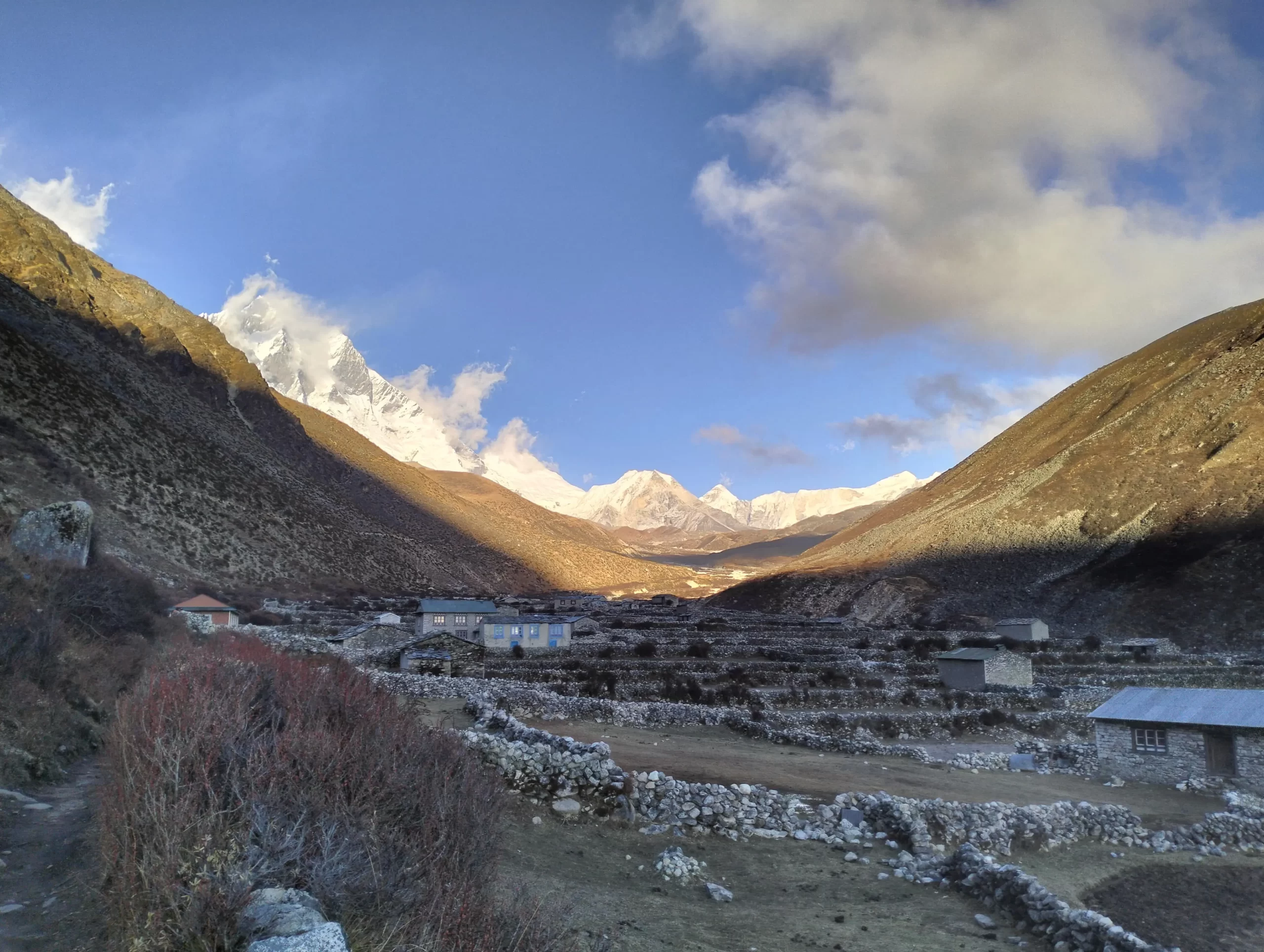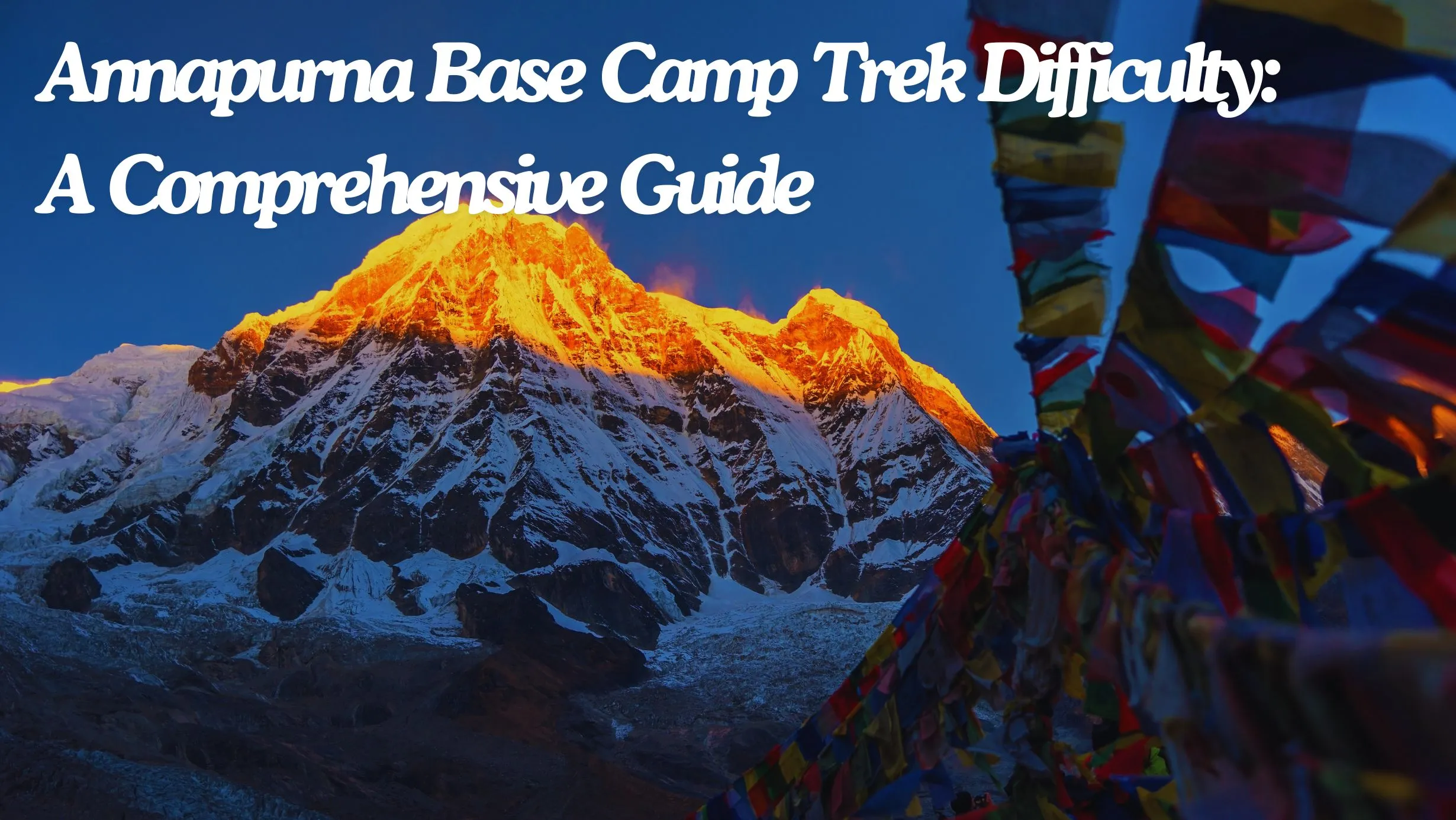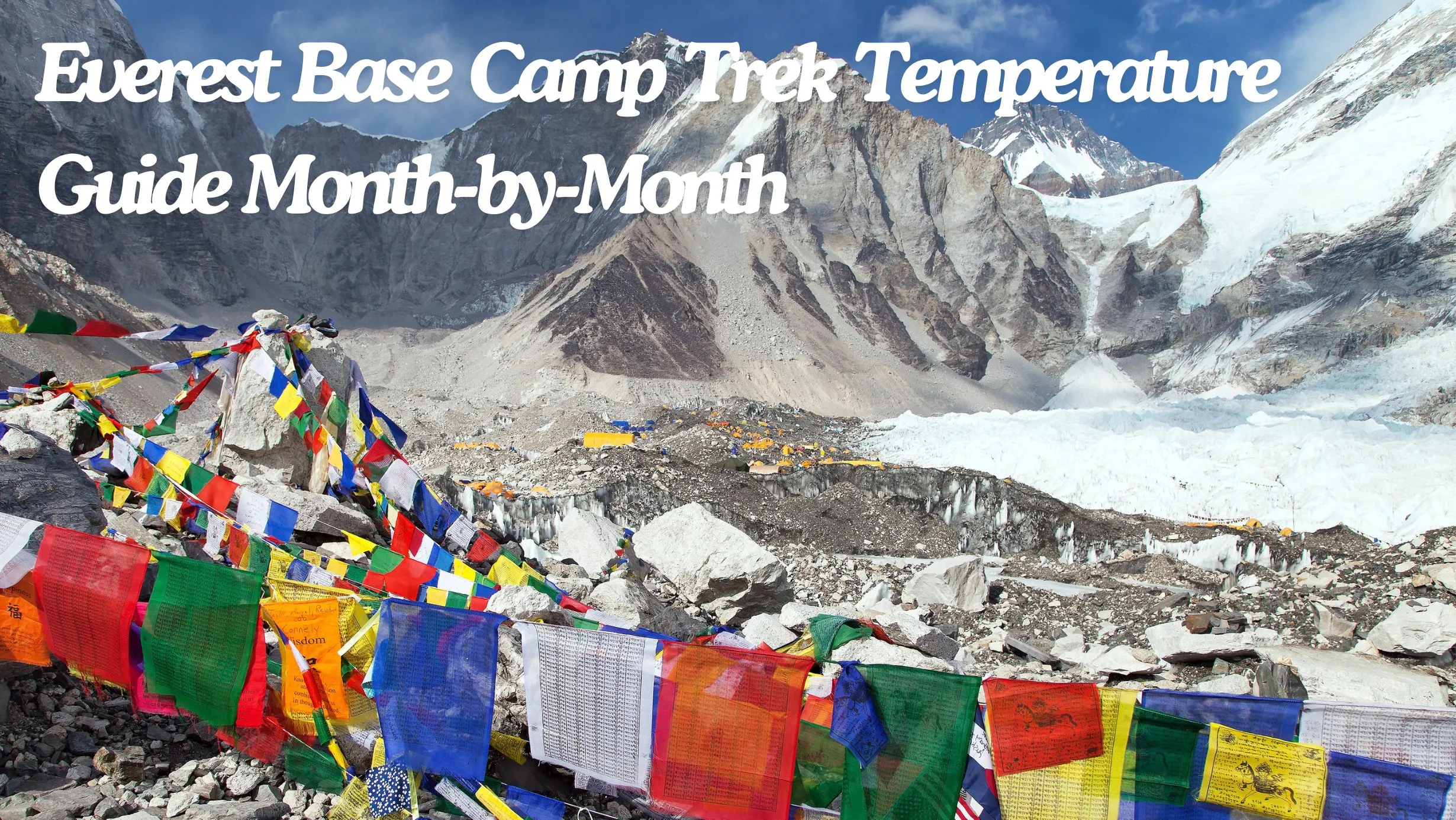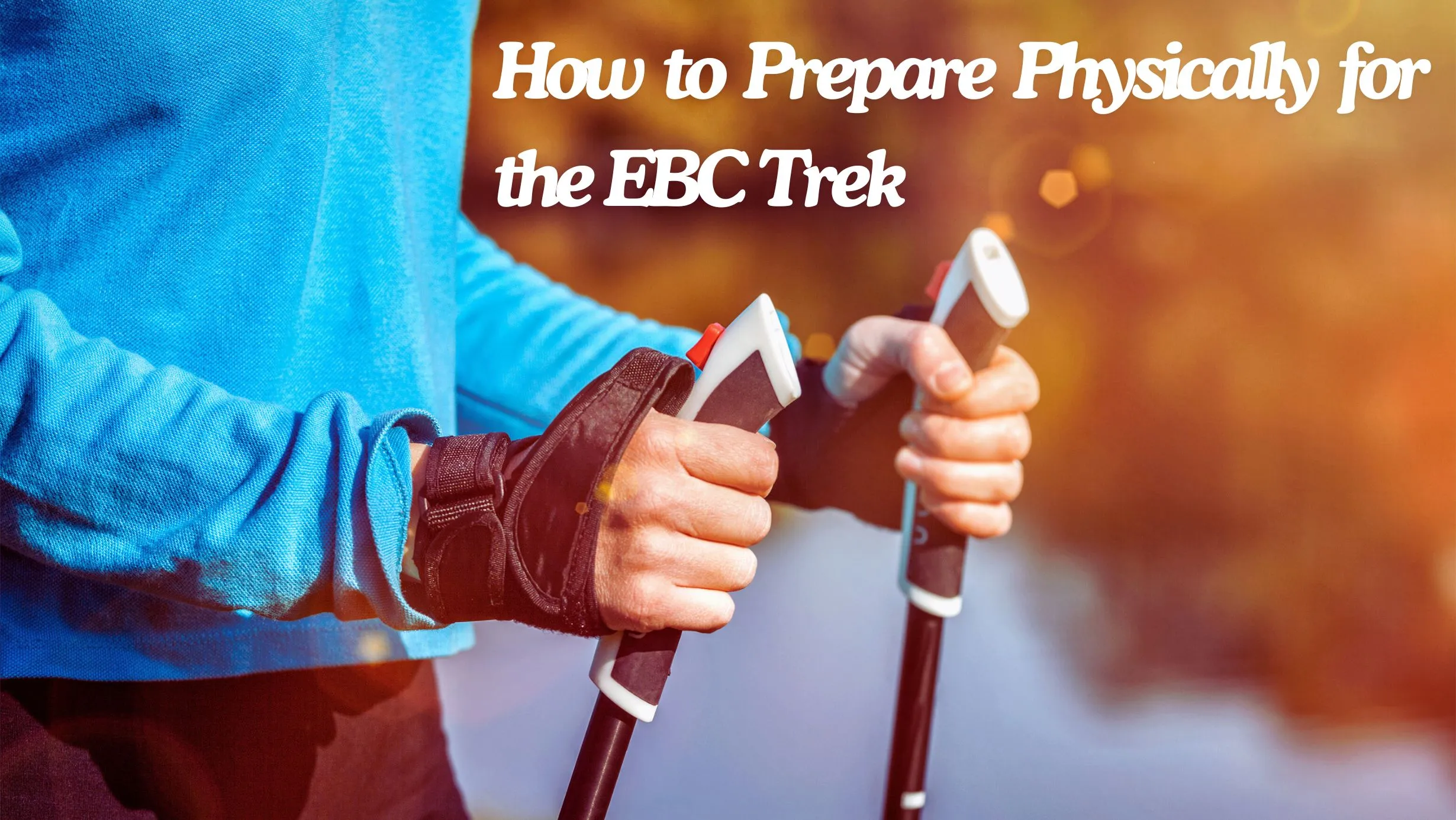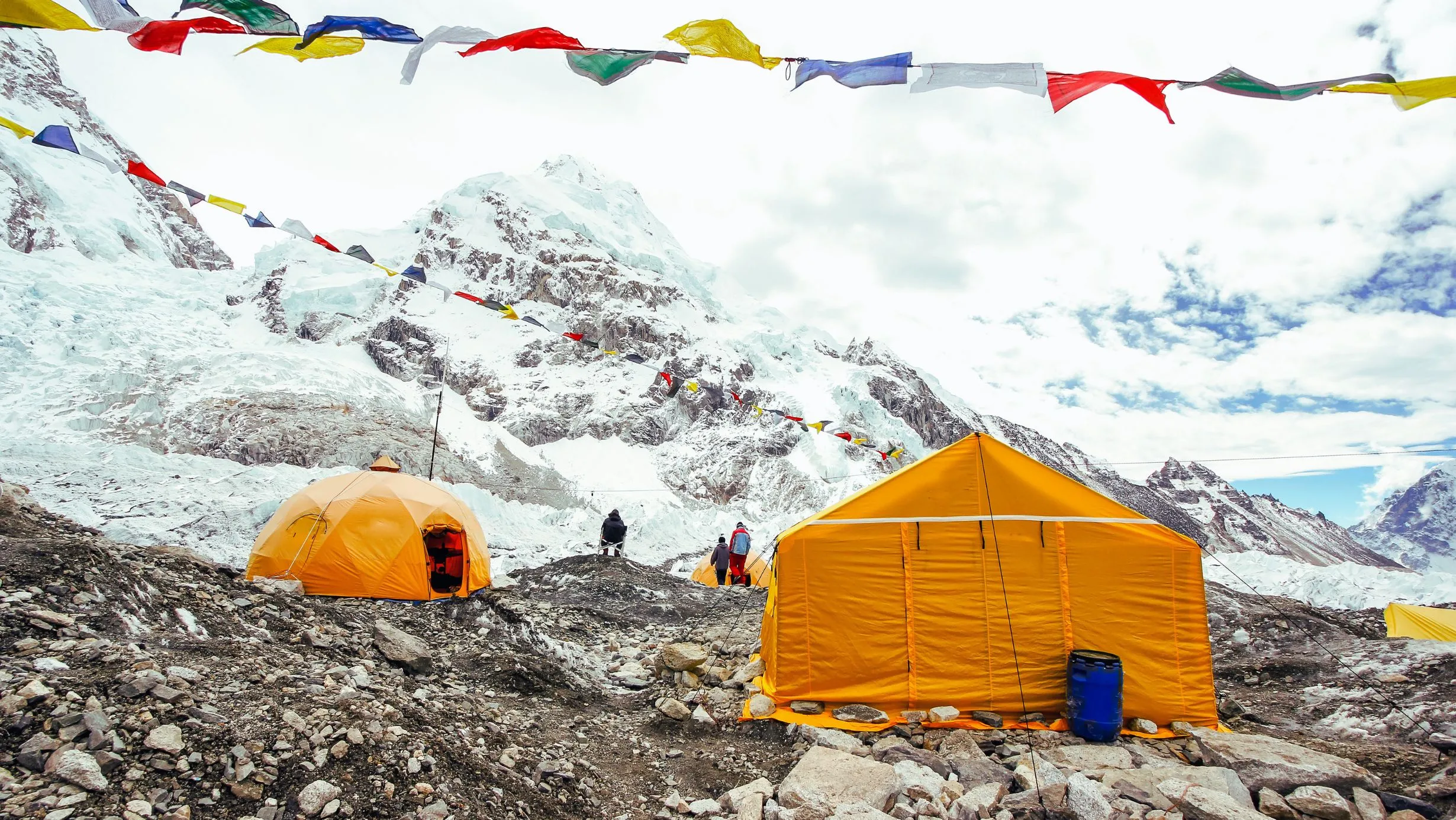Everest Base Camp Trek Difficulty for Beginners
Everest base camp trek difficulty for beginners Have you ever dreamed of standing at the foot of the world’s highest mountain, Mount Everest? For many adventurers, the Everest Base Camp (EBC) trek is a bucket-list experience. However, as thrilling as it sounds, it’s essential to understand the challenges, especially if you’re a beginner. Let’s delve into what makes the Everest Base Camp trek difficult for beginners and how you can prepare for this unforgettable journey.
What is the Everest Base Camp Trek?
The Everest Base Camp trek is a journey through the heart of the Himalayas, leading trekkers to the base of Mount Everest. The trek is historically significant, tracing routes used by famous climbers like Sir Edmund Hillary and Tenzing Norgay. Spanning approximately 130 kilometers (80 miles) round trip, it offers breathtaking views, cultural insights, and a sense of achievement that is hard to match.
Why Beginners are Attracted to the Everest Base Camp Trek
The allure of Everest is undeniable. For many, it’s not just about the destination but also the journey. Beginners are often drawn by the challenge, the chance to push personal boundaries, and the opportunity to witness some of the most stunning landscapes on earth. It’s a personal goal that represents overcoming adversity and achieving something extraordinary.
Physical Fitness Requirements
Contrary to what some might believe, you don’t need to be a seasoned athlete to complete the Everest Base Camp trek. However, a reasonable level of fitness is crucial. Beginners should start preparing months in advance, focusing on cardiovascular fitness, strength training, and endurance. Incorporate activities like hiking, cycling, and stair climbing into your routine to build stamina.
Mental Preparation
Physical preparation is only part of the equation. The mental challenges of the trek are equally demanding. Long days of trekking, unpredictable weather, and altitude can test your resolve. Stay motivated by setting small goals, practicing mindfulness, and visualizing your success. Remember, the trek is as much a mental journey as it is a physical one.
Altitude Sickness
One of the most significant challenges of the EBC trek is altitude sickness. Also known as Acute Mountain Sickness (AMS), it can affect anyone, regardless of fitness level. Symptoms include headaches, nausea, dizziness, and shortness of breath. Preventing AMS involves proper acclimatization, staying hydrated, and ascending slowly.
Acclimatization Process
Acclimatization is crucial for preventing altitude sickness. The trek includes built-in rest days to help your body adjust to the decreasing oxygen levels. A recommended schedule includes spending extra days in places like Namche Bazaar and Dingboche. Listen to your body and don’t rush the process.
Trail Conditions
The trail to Everest Base Camp varies from well-defined paths to rugged, rocky terrain. Beginners should be prepared for steep ascents, descents, and occasional river crossings. Trail conditions can also change with the seasons, so it’s essential to be ready for anything.
Weather Conditions
Weather in the Himalayas can be unpredictable. The best times to trek are pre-monsoon (March to May) and post-monsoon (September to November). During these periods, the weather is generally stable, with clear skies and moderate temperatures. However, always be prepared for sudden changes.
Essential Gear and Equipment
Packing the right gear is vital for a successful trek. Essentials include sturdy hiking boots, layered clothing, a good quality sleeping bag, and a reliable backpack. Don’t forget items like a first-aid kit, water purification tablets, and trekking poles. Investing in high-quality gear can make a significant difference in your comfort and safety.
Guided Tours vs. Independent Trekking
Choosing between a guided tour and trekking independently is a crucial decision. Guided tours offer the benefit of experienced guides, logistical support, and a structured itinerary. On the other hand, independent trekking provides more flexibility and can be more cost-effective. Consider your experience level and personal preferences when making this choice.
Accommodation and Food
Accommodation on the EBC trek ranges from basic tea houses to more comfortable lodges. While amenities can be sparse, they provide essential shelter and meals. Typical meals include dal bhat (lentil soup with rice), momos (dumplings), and various pasta dishes. It’s important to stick to a high-carbohydrate diet to maintain energy levels.
Common Challenges Faced by Beginners
Beginners may face several challenges on the trek, including physical exhaustion, homesickness, and coping with altitude. It’s essential to pace yourself, stay hydrated, and maintain a positive attitude. Remember, every trekker faces challenges, but overcoming them is part of the adventure.
Safety Tips for Beginners
Safety should always be a priority. Stay aware of your surroundings, follow the guidance of your trek leader or guide, and don’t push yourself beyond your limits. Carry a comprehensive first-aid kit, and ensure you have travel insurance that covers high-altitude trekking. Knowing basic emergency procedures can also be lifesaving.
Success Stories and Inspirations
Hearing success stories from other beginners can be incredibly motivating. Many first-time trekkers have successfully reached Everest Base Camp, often sharing tales of perseverance and triumph. These stories can provide valuable insights and inspire you to keep going, even when the going gets tough.
Conclusion
The Everest Base Camp trek is undoubtedly challenging, but with the right preparation and mindset, beginners can successfully complete it. Embrace the journey, take it one step at a time, and remember that every challenge faced along the way makes the accomplishment all the more rewarding.
FAQs
How long does the Everest Base Camp Trek take?
The trek typically takes around 12-14 days, depending on the itinerary and acclimatization schedule.
Can beginners really complete the trek?
Yes, with proper preparation and determination, beginners can complete the Everest Base Camp trek.
What is the cost of the Everest Base Camp Trek?
The cost can vary widely, but expect to spend between $1,000 to $3,000, depending on whether you choose a guided tour or trek independently.
Do I need travel insurance for the trek?
Absolutely. Ensure your insurance covers high-altitude trekking and emergency evacuation.
How do I deal with emergencies on the trek?
Stay calm, follow your guide’s instructions, and make sure you have a plan in place for emergencies. Always carry a fully stocked first-aid kit and have access to emergency contact numbers.

